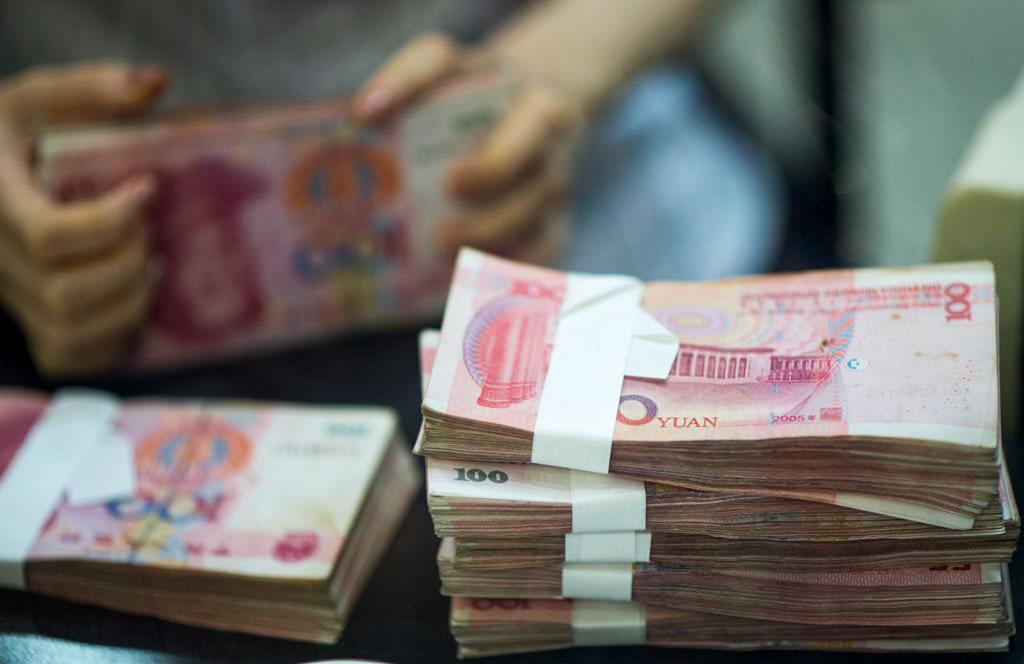Commentary
As the market drifts back to the reality that the so-called Chinese stimulus is more of a public relations stimulus than an economic one, analysts have begun to wonder why Beijing is not doing more to help China’s morbid economy.

As the market drifts back to the reality that the so-called Chinese stimulus is more of a public relations stimulus than an economic one, analysts have begun to wonder why Beijing is not doing more to help China’s morbid economy.